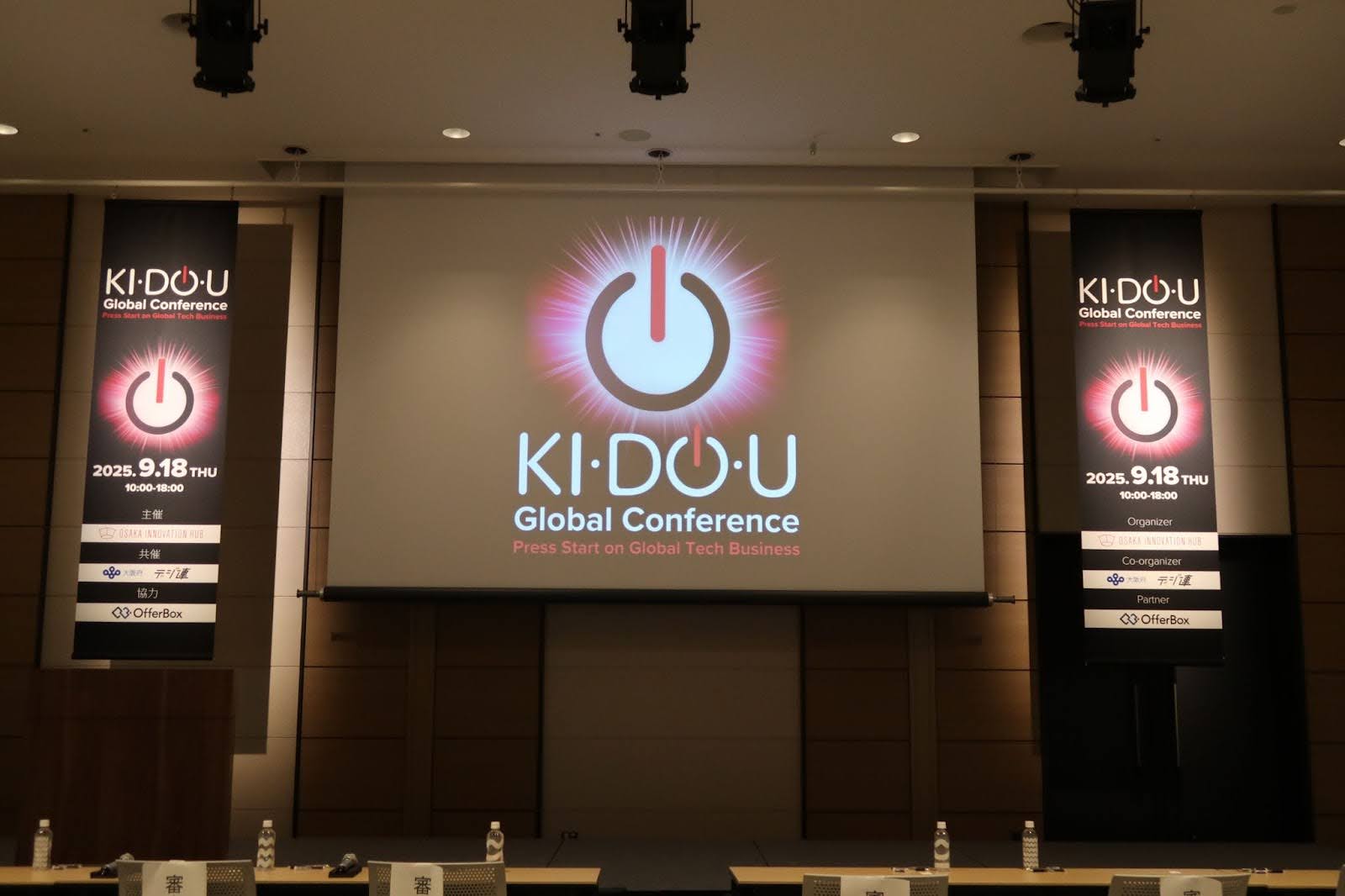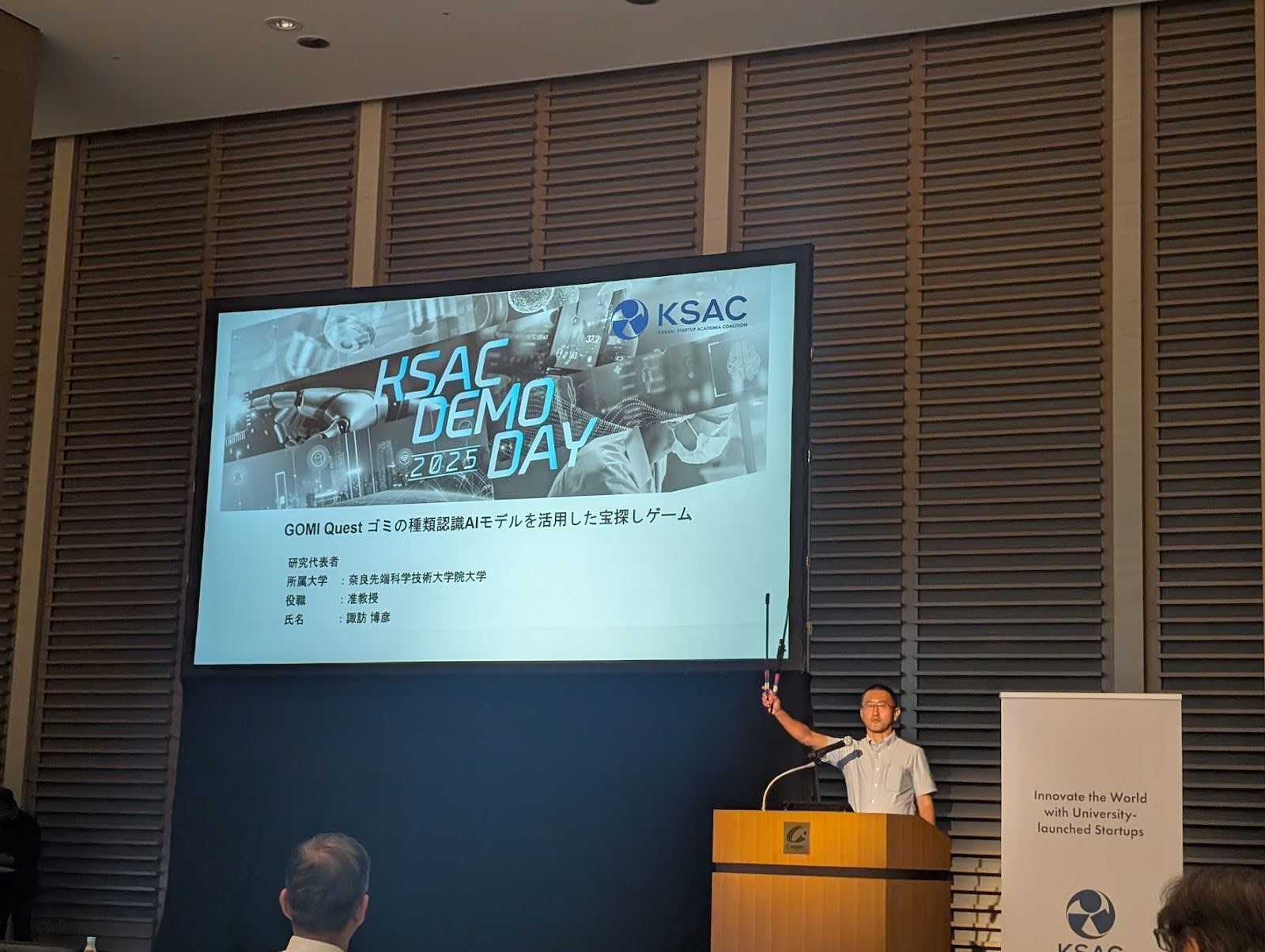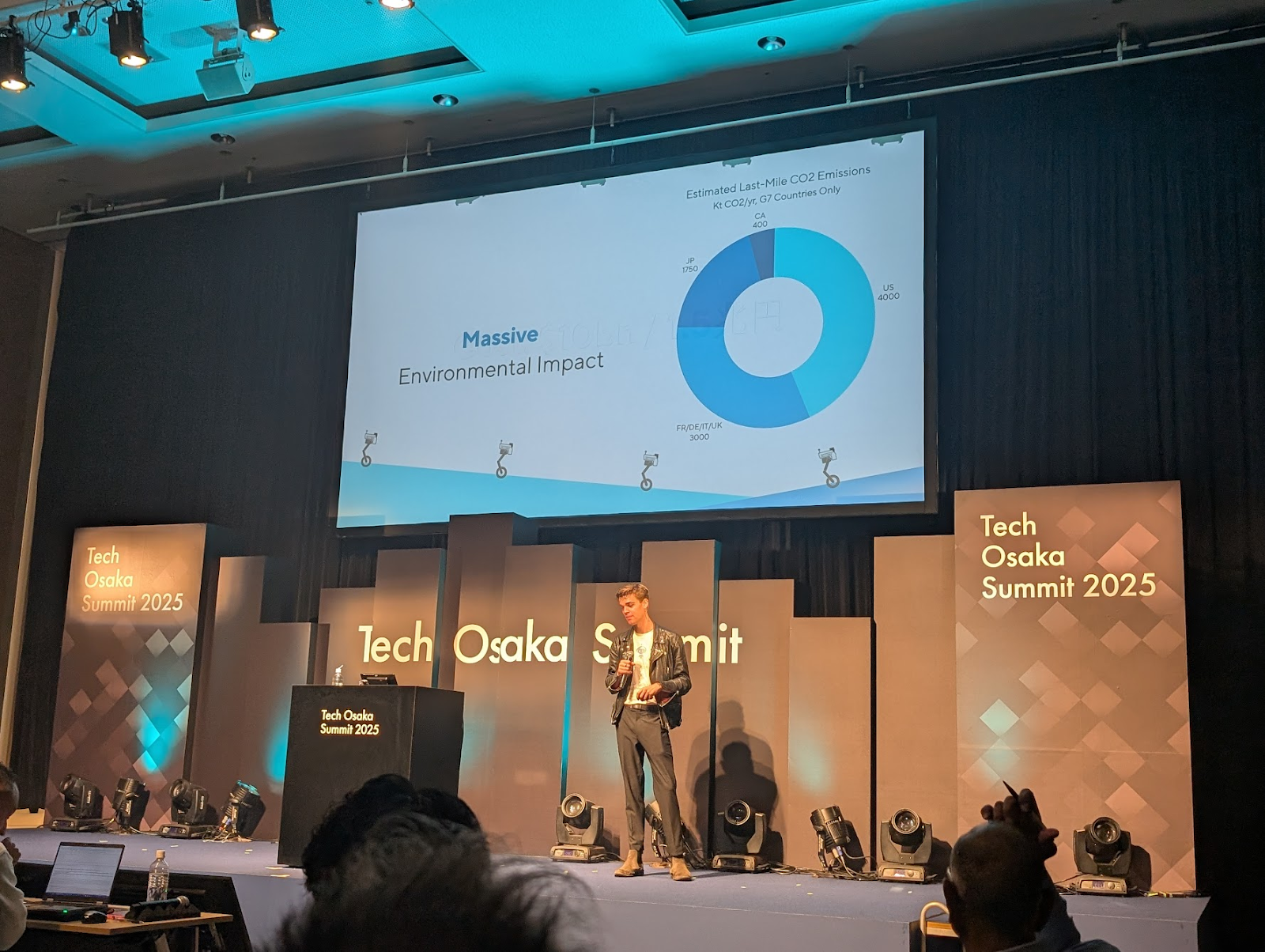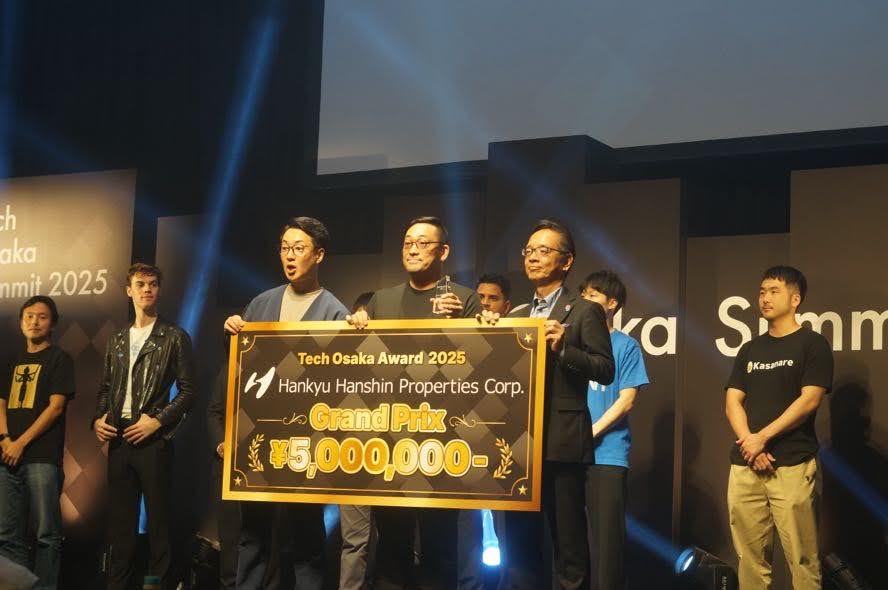Stay updated with the latest news, exclusive insights, and more.
.jpg)
For years, Japan has been relatively lagging behind when it comes to startups. In spite of being the world’s fourth-largest economy by GDP (as of this year—don’t get used to it, Germany! We’re coming back!), Japan sits at #12 on the list of countries ranked by unicorns, with 16 to its name in 2025. This is (often significantly) fewer than countries with smaller GDPs but which could be considered in a similar ‘weight class’ vis-a-vis population and development level, such as South Korea (with 33) and the UK (158); let alone the 300-pound gorilla that is the USA, with its staggering 1050 unicorns.
This is no secret, nor are its causes; Japan’s long history of valuing large, stable organizations over any kind of disruption make it a challenging environment to breed an entrepreneurial mindset, where joining large companies is both economically rewarding and socially prestigious. But because it is not a secret, it is also an issue that is being addressed from both the top down and the bottom up: the government is keen to encourage startups to bring fresh life to Japan’s stagnating economy (we’re coming, Germany!), and younger generations of the workforce are often disillusioned with the prospect of labouring their lives away in one of the world’s most famously-rigid business cultures.
But a sea change in the way people think about business does not happen overnight. With the best will in the world, the early days of the government push felt like a bunch of people looking at the USA and trying to copy what they were doing… and while it was exciting and energetic and motivating, the feeling of a sibling copying their cool older brother seeped into every pore.
Because the unavoidable fact is that Japan is not America, nor China, nor Singapore. Japan is, and hopefully always will be, uniquely its own thing.
So the question that has been floating around over the last five-ish years has been: what would the Japanese Silicon Valley actually look like? It’s not going to be ‘the Bay area, but on the other side of the Pacific.’ Japan didn’t become an economic juggernaut in the past by exactly reproducing what Western nations were doing, and we can expect the same to happen again. We will have foreign entrepreneurs and VCs and accelerator programs, sure, but what will the Japanese spin on Silicon Valley be like in practice?
This has been a fairly long-winded lead up to saying that in the recent Umeda Innovation Week—the startup-focused side event to the Osaka Expo—I think we’re finally getting a real, genuine look as to what the future of Japanese startups will look like.
There were a huge amount of startup events going on throughout the four days of Umeda Innovation Week, and we will cover some of the highlights in our next article. This time, we’re going to focus on the pitch events.
Pitch events are great for getting the pulse of a startup ecosystem. You can see what the new up-and-comers are like as people, how they’re engaging with solutions and business plans, and, in a pitch contest, what sort of money people are putting towards new ideas. We went to three of the biggest going on during the week-long event—KIDOU, KSAC, and TOS— and an interesting narrative emerged: how Kansai’s ecosystem is shifting from the scrappy, small-team concepts that we’ve seen at such events in the past to globally competitive ventures, and in the process, carving out a unique identity grounded in Kansai’s deeptech and manufacturing infrastructure.

The KIDOU pitch contest captures the spirit of Japan’s past pitch culture: energetic, inventive, but not always grounded in business reality. That might sound harsh, but it’s meant with due respect to who is making these kinds of pitches: tech- or idea-first disruptors, who are in the process of learning how to develop their idea into a business. Pitches leaned toward novelty and community-building, often built on speculative technologies.
Highlights included:
The pitch contest was imaginative, it was fun, and it was very inspiring—but also a reminder of why Japanese startups are often seen as eccentric experiments rather than global contenders.

In stark contrast, the KSAC (Kansai Startup Acceleration Center) event felt less like a startup pitch competition and more like a research symposium. The Kansai region’s strengths lie in its universities, research institutes, and its medical institutions, and KSAC pitches reflect this: highly technical, scientifically rigorous, and often world-leading in potential.
Pitches included:
This depth of science is Kansai’s superpower. But it comes with a drawback: KSAC pitches often lack the atmosphere and urgency of a startup battlefield. They are deeply impressive—technologies that could genuinely change the world—yet the events feel academic rather than entrepreneurial.
KSAC demonstrates Osaka’s latent potential: a reservoir of world-class research, waiting for commercial momentum.

That missing momentum showed up at the TOS (Tech Osaka Summit) pitch contest, where deeptech founders paired scientific ambition with startup energy and business models designed to scale. With three separate categories—Greentech, Digital, and Bioscience/Healthcare—all competing for the grand prize, this was also the largest pitch event of the week.
Highlights included:
What set TOS apart was not just technical depth, but commercial clarity. Teams rose to the challenge, presenting both their scientific edge and their revenue models.
TOS felt like the best of both worlds — the rigor of Kansai research paired with startup competitiveness and global ambition.

The journey from KIDOU to KSAC to TOS tells the story of Kansai—and Japan’s—evolving startup culture. Once dominated by speculative, imaginative projects, the ecosystem is now being anchored by deeptech breakthroughs. And with TOS as a model, those breakthroughs are increasingly framed in terms of global markets, financial sustainability, and scale.
Kansai’s niche may never be in chasing consumer unicorns like Silicon Valley, but that’s not a weakness—it’s a differentiation. The city is becoming a hub for startups that merge world-class science with entrepreneurial drive.
It felt like, here in Kansai in 2025, Japanese startups finally gained the maturity and confidence in their own strengths to step onto the world stage; not as imitators of overseas success, but as leaders in their own right.
Find out more about Kansai’s emerging startup ecosystem here.